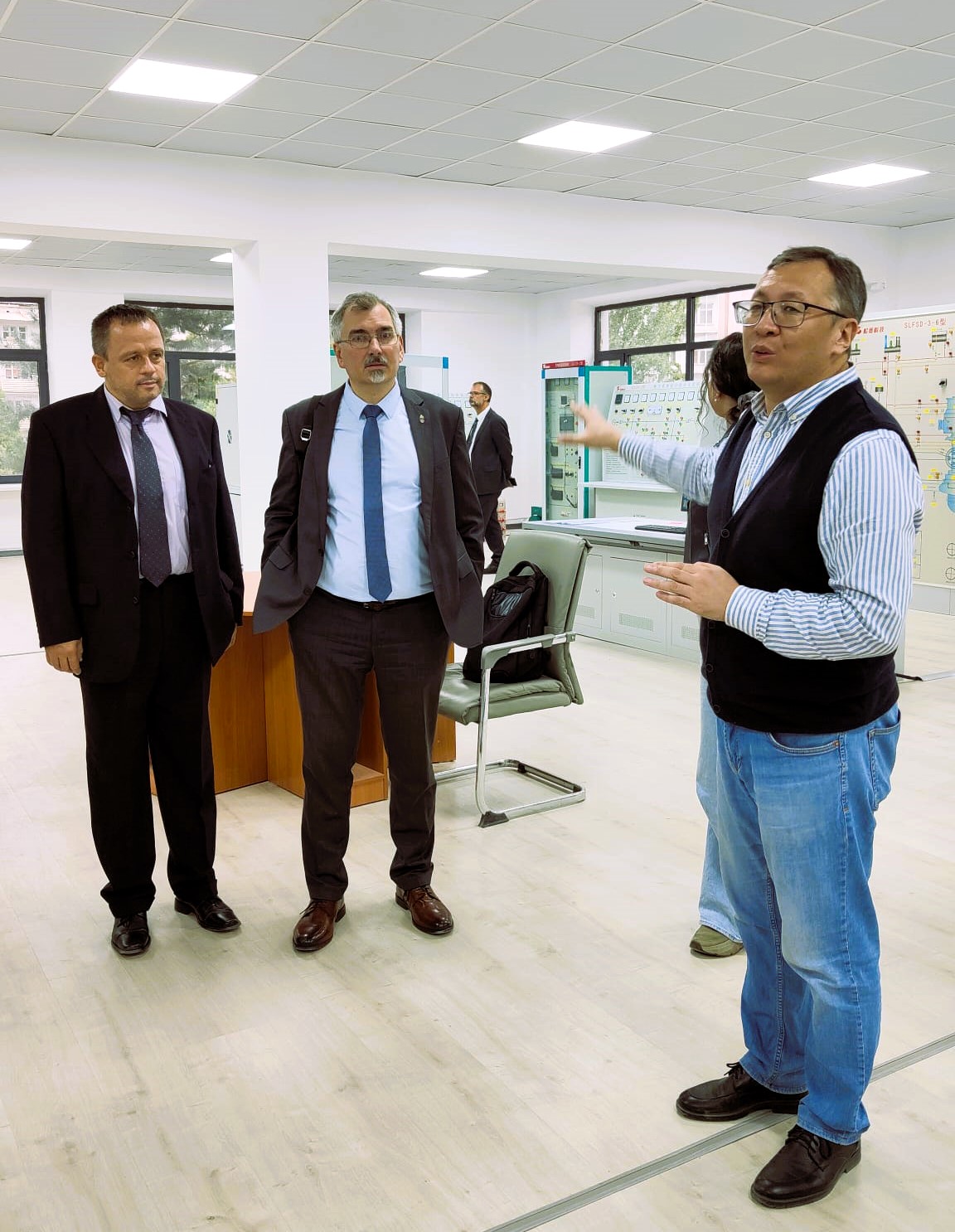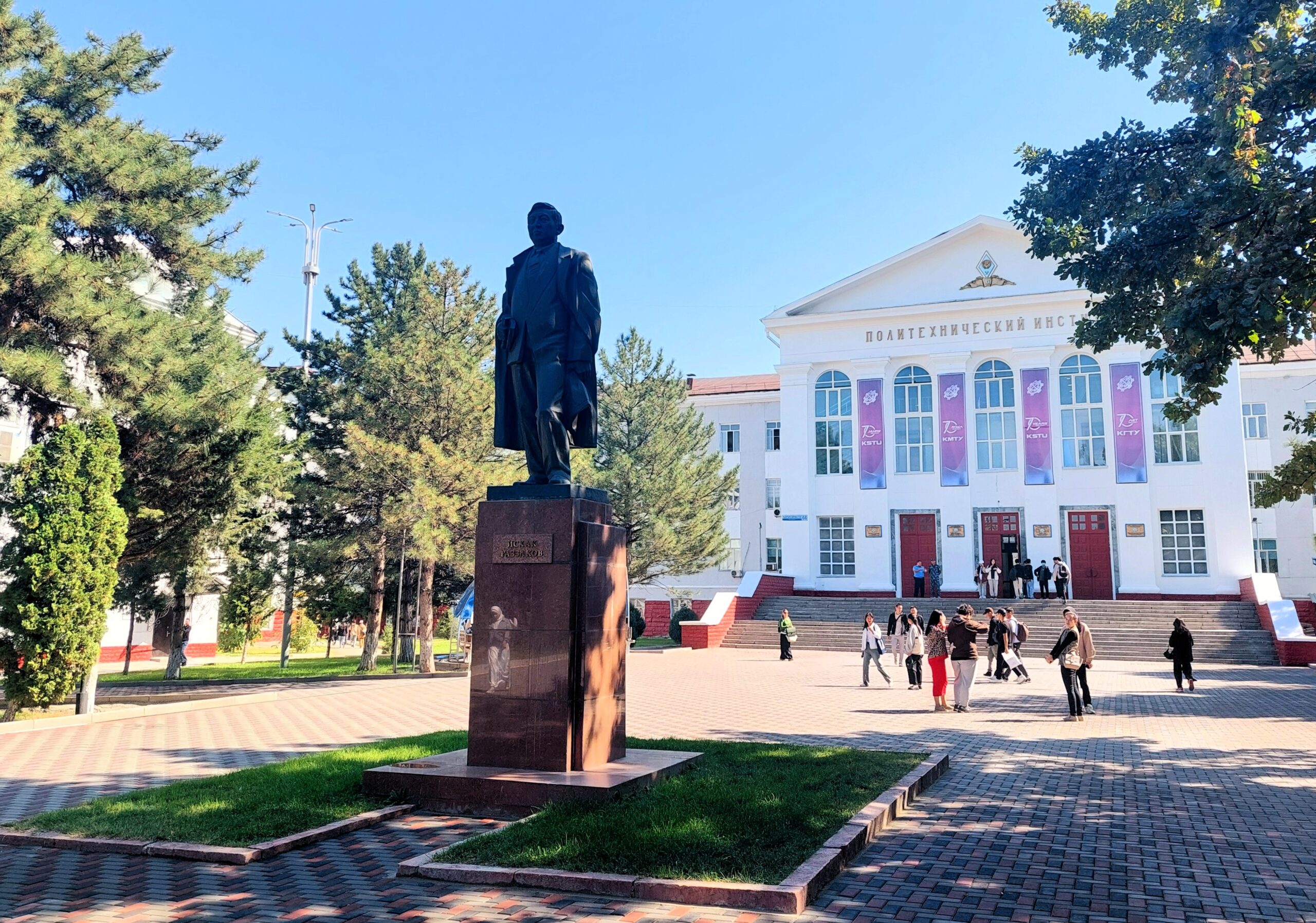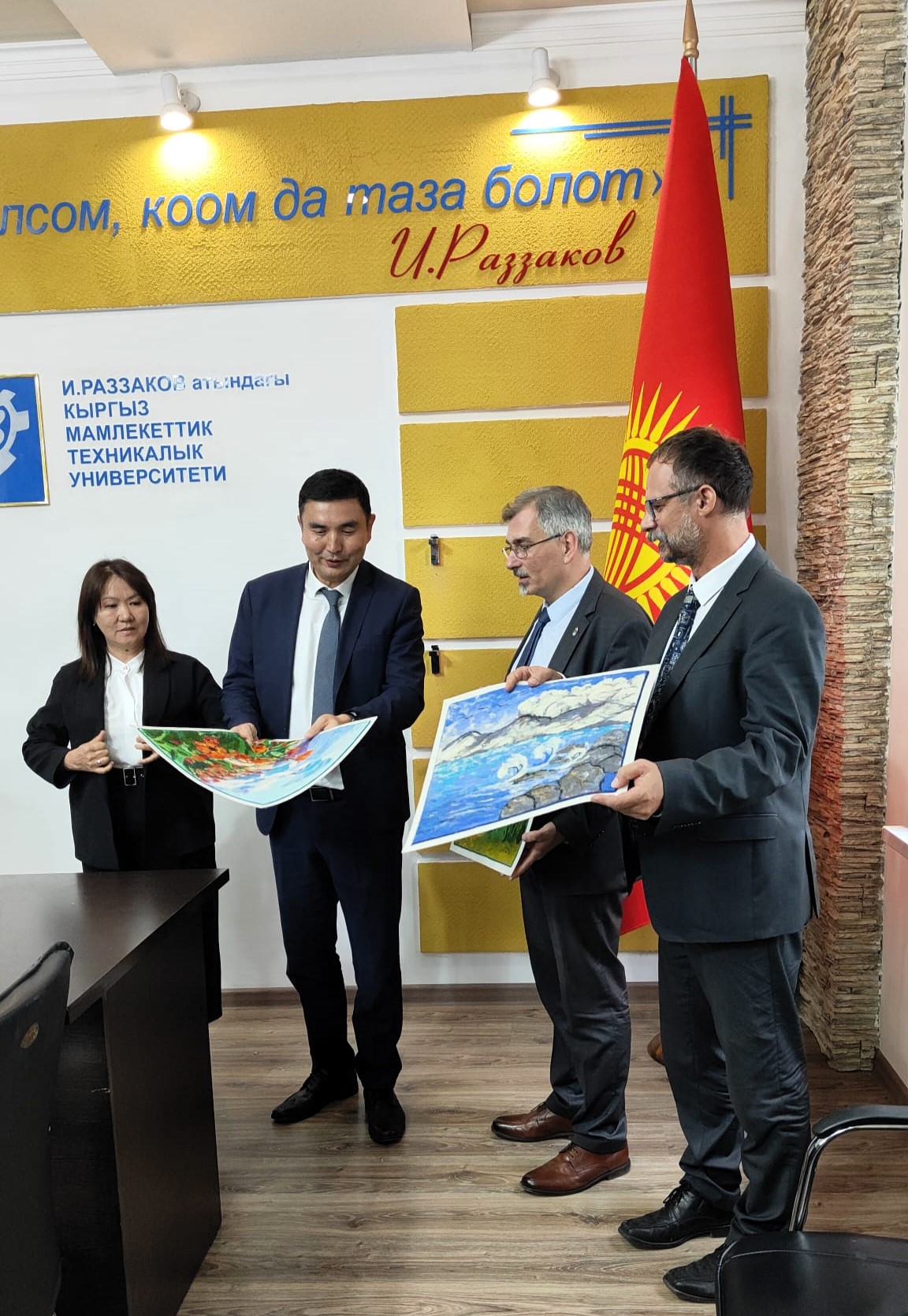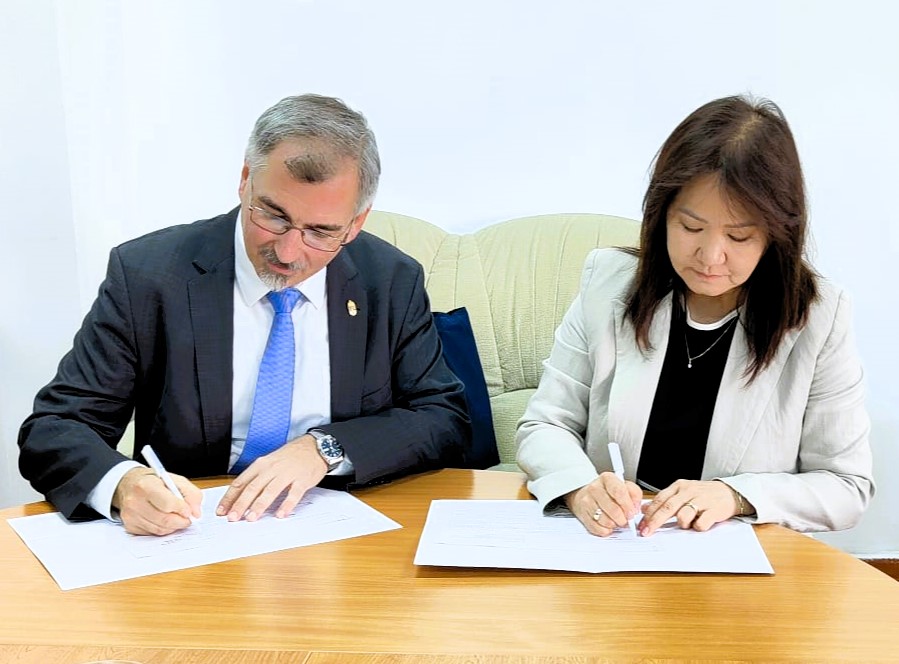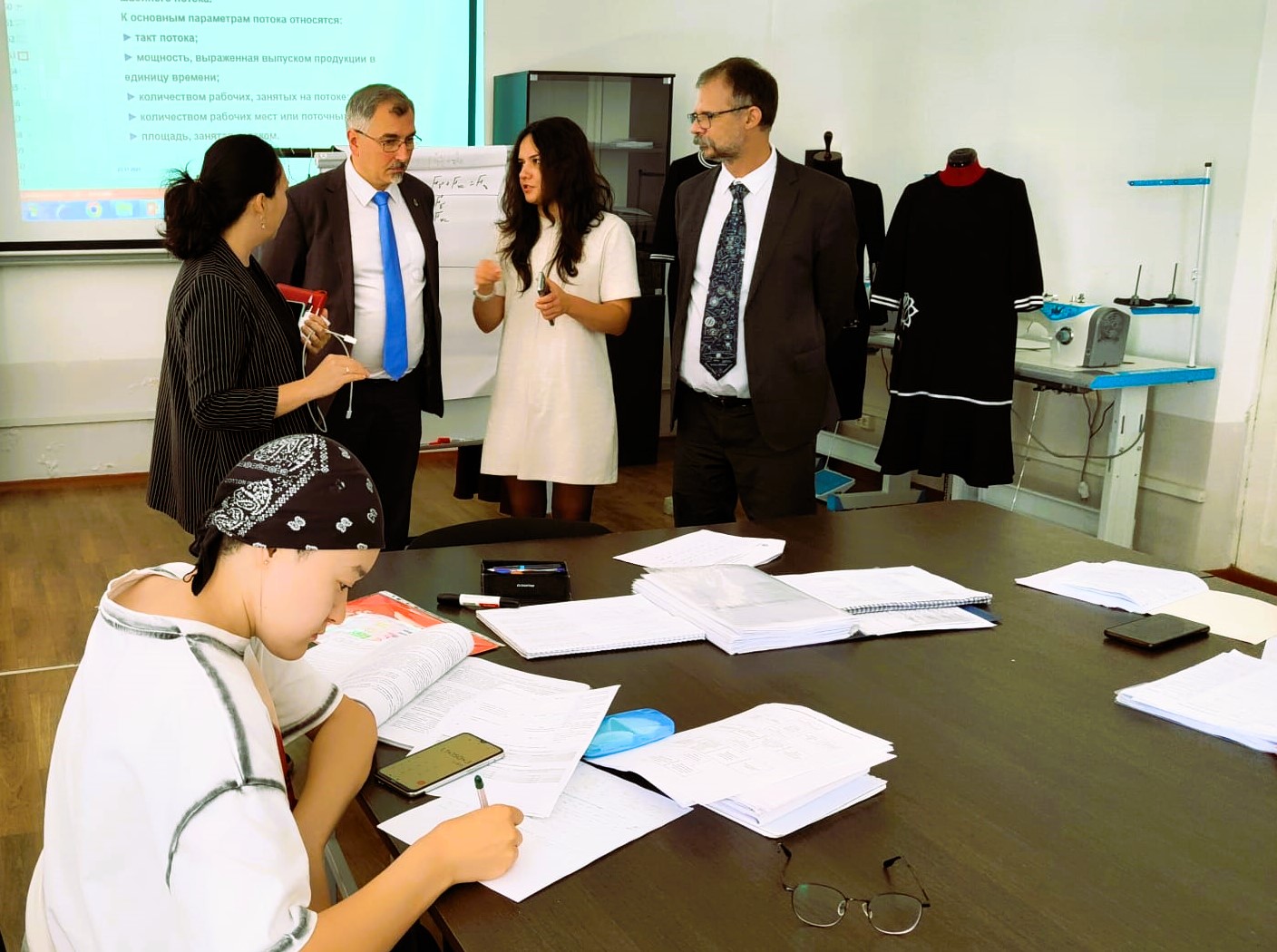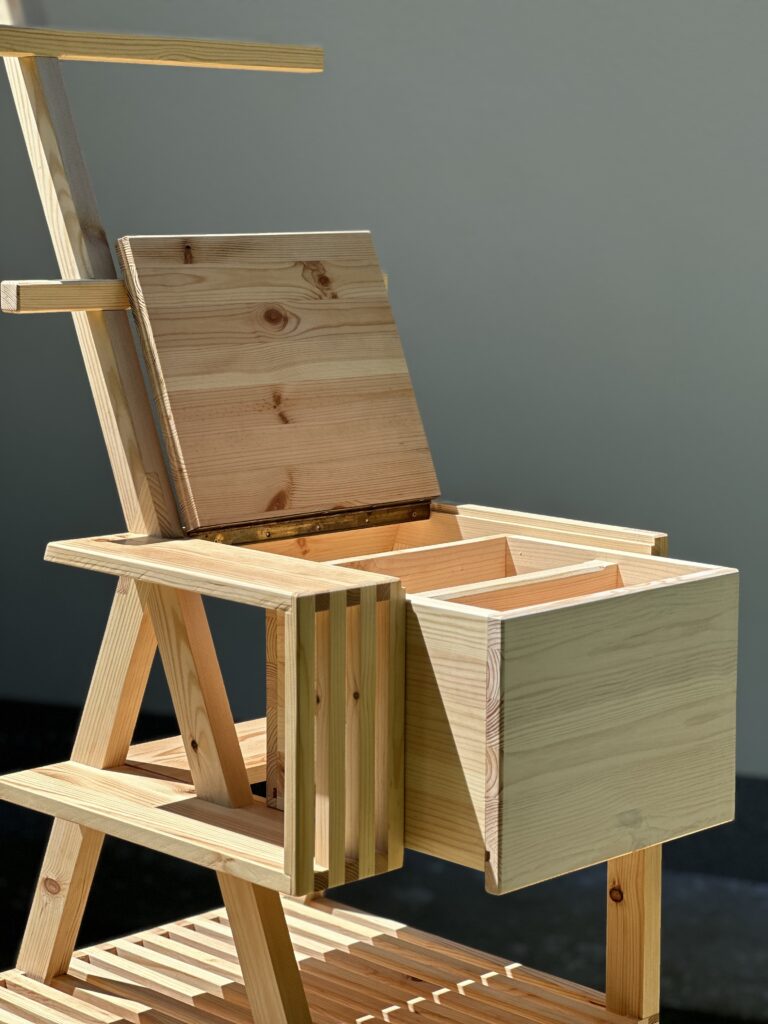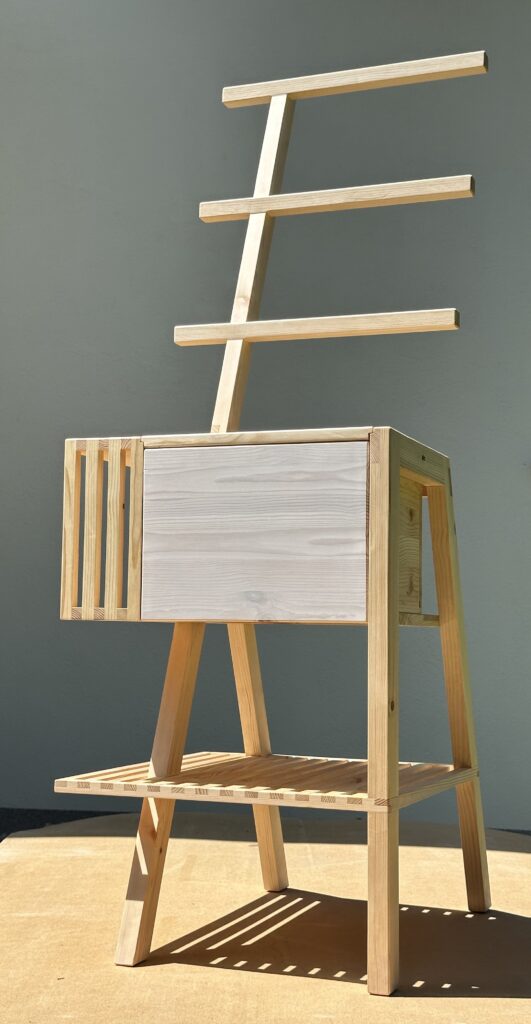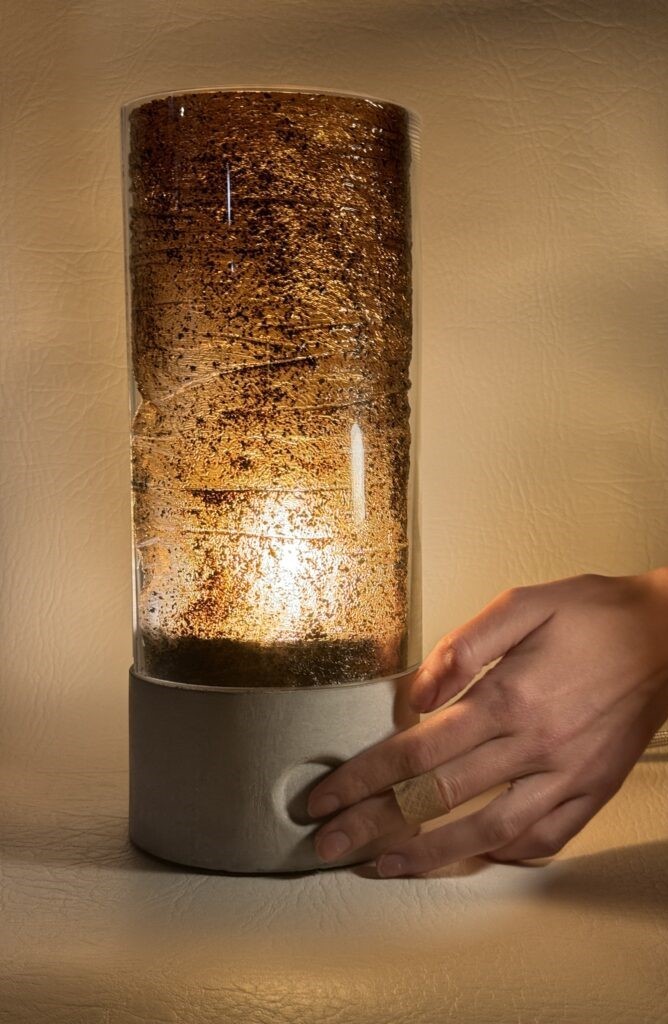Students’ works at the 360 Design Budapest exhibition
The 360 Design Budapest exhibition was held for the fifth time between 15-20 October 2024 to showcase the best of Hungarian and regional design. Organised by the Hungarian Fashion & Design Agency (MDDÜ), the 360 Design Budapest exhibition drew attention to the role of design in our everyday lives, which surrounds us 360 degrees. This year, the creative event, which has attracted thousands of visitors in recent years, was held in the former waiting room of the Western Railway Station, a historic architectural heritage site. The event was enriched by guided tours by well-known artists and experts.
The exhibition also featured works by students of Industrial Product and Design Engineering at Obuda University.
Vajk Szebedy, who took part in the exhibition with his multifunctional furniture „Alfred”, made for his bachelor’s degree. After a thorough preparation of the task, and as a result of a well-thought-out design and an experimentation process, he created a piece of furniture that can be used for the organized storage of different groups of objects. Clothes and small personal items can be placed on the bars and open sections, while the removable box can be used to store items to be taken out of the room, such as glasses, etc. The furniture is made of pine wood.
The COFFEEINARE-01 table lamp by Laura Rajnai, a graduate student of the ITF, was awarded second place in the Product Design section of the Spring 2024 TDK, and was made in the spirit of environmental and social responsibility. In addition to performing the expected functions, the lamp has an installation and awareness-raising role, focusing on sustainability, alternatives to plastic, waste reduction and waste management. Its main materials are glass, concrete and a 100% biodegradable, highly compostable biopolymer containing coffee grounds.
We wish our students further success in their work!
Obuda University delegation paid a successful visit to the Kyrgyz State Technical University
The Obuda University had a great opportunity to strengthen its international relations when a delegation visited Kyrgyzstan to celebrate the 70th anniversary of the founding of the KSTU Kyrgyz State Technical University. Prof. Dr. András Molnár, Vice-Rector, and Dr. habil László Koltai Dean led the Hungarian delegation accompanied by Kristina Varias and Tibor Virág, responsible for international relations.
The Kyrgyz State Technical University (KSTU) is one of Kyrgyzstan’s leading higher education institutions, training top engineers for the region for seven decades. It is actively involved in international research projects and cooperates with several universities abroad.
As part of the visit, the staff of Obuda University had a professional meeting with the Rector Prof. Dr. Chynybaev Mirlan Koichubekovich, who also received the personal greetings and congratulations of the Rector Prof. Dr. Levente Kovács. During the meeting, a supportive consensus was reached on developing a double degree in MSc Light Industry Engineering.
At the gala dinner following the grand anniversary celebration, Vice Rector Prof. Dr. András Molnár presented the „Ad optimum opus” certificate of honour to Prof. Dr. Mirlan Koichubekovich Chynybaev, Rector of KSTU, in recognition of 70 years of achievements.
In addition to the protocol events, the Hungarian delegation paid special attention to exploring concrete possibilities of cooperation, focusing on the establishment of closer ties between the Rejtő Sándor Faculty of Light Industry and Environmental Engineering of Obuda University and KSTU, with special emphasis on light engineering and product design training.
During the visit, members of the Hungarian delegation visited the modern laboratories and workshops of KSTU, where they were able to see for themselves the high quality of the university’s teaching and research activities. Issues related to other areas of technical education were also discussed during the talks, during which both sides expressed their commitment to the success of the cooperation.
One of the important outcomes of the visit was the cooperation between Dr. Imiila Rysbaeva, Head of the Institute of Technology of KSTU and Dr. habil. László Koltai, Dean of the Rejtő Faculty of Obuda University a detailed work plan was signed. This document sets out the tasks for the next two years, which define the concrete steps of cooperation between the two universities. With the signed work plan, the two universities have committed themselves to jointly developing light engineering education and strengthening their cooperation in other areas. This agreement is a major step forward and opens up new opportunities for both institutions.
Prof. Dr. András Molnár, Vice Rector of Obuda University, said, „We were delighted that the delegation of Obuda University could participate in the celebration of the 70th anniversary of the KSTU Kyrgyz State Technical University. The visit was not only an opportunity to strengthen the relations between the two universities but also to take concrete steps to deepen our cooperation. The planned joint training in the field of light engineering could open a new chapter in our education and provide an opportunity for our students to gain experience in an international environment. I am confident that thanks to the signed work plan we will be able to implement several successful projects with our cooperation partner in the coming years.„
Dr. habil. László Koltai, Dean of the Rejtő Faculty, also underlined the importance of cooperation when he said. „The University of Kyrgyzstan has an excellent professional background, and our joint work will provide us with a wealth of new knowledge and experience. By implementing the tasks set out in the signed work plan, we can significantly strengthen the international relations of the Rejtő Faculty and contribute to making our students even more competitive on the labour market. I consider the planned joint courses in the field of light industrial engineering to be particularly important, as this is a unique field for which there is a demand in both countries.”
The visit of Obuda University to Kyrgyzstan proved to be a success and opened a new chapter in the history of relations between the two universities. Thanks to the agreement, several joint projects and programmes will be implemented in the future, which will contribute to increasing the international recognition of both institutions.
